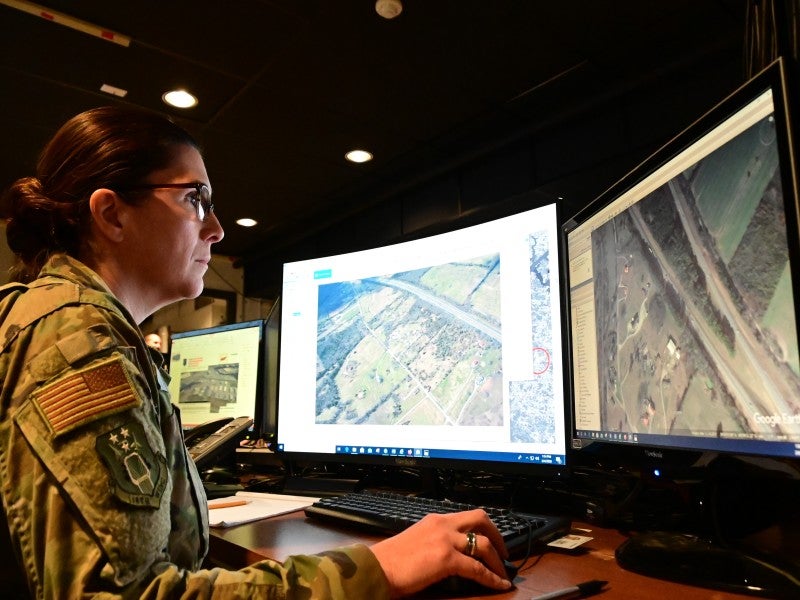
The US Army Space and Missile Defense Technical Center (USASMDC-TC) has signed a cooperative research and development agreement (CRADA) with CACI International.
The newly signed five-year agreement requires the company to work on the development and evaluation of advanced capabilities for its demonstration satellite (DemoSat).

Discover B2B Marketing That Performs
Combine business intelligence and editorial excellence to reach engaged professionals across 36 leading media platforms.
CACI’s DemoSat will carry precision navigation and timing (PNT) and tactical intelligence, surveillance and reconnaissance (TacISR) payloads into low Earth orbit (LEO).
Equipped with software-defined technology applications, the two payloads can be configured to support a wide range of missions.
In April last year, the company completed the critical design review of DemoSat and announced that its launch is scheduled to take place in 2023.
The latest CRADA deal is a result of the USASMDC-TC’s interest in exploring and assessing if CACI’s DemoSat programme can be used to support military operations.

US Tariffs are shifting - will you react or anticipate?
Don’t let policy changes catch you off guard. Stay proactive with real-time data and expert analysis.
By GlobalDataThe agreement further involves the evaluation of laser sensing technologies, laser communications, artificial intelligence, and secure communication technologies.
CACI National Security and Innovative Solutions president Todd Probert said: “These payloads feature mission-proven, ground-based technologies that are tailored for the unique challenges of the contested space domain.
“They enable increased resiliency and security through low size, weight, and power (SWaP) software-defined applications.
“We look forward to working closely with the army on this critical programme to bolster our nation’s dominance in space.”
CACI’s PNT payload is a time-focused application crucial to support precision positioning and navigation capabilities.
It is expected to demonstrate ‘GPS-independent earth-space time synchronisation’, which can eventually boost existing performance by nearly 100 times, resulting in the production of highly precise geolocation solutions in proliferated LEO constellations.
Meanwhile, the TacISR payload will provide the ability to ‘collect, geolocate, demodulate, and decode’ various digital mobile radio signals.





